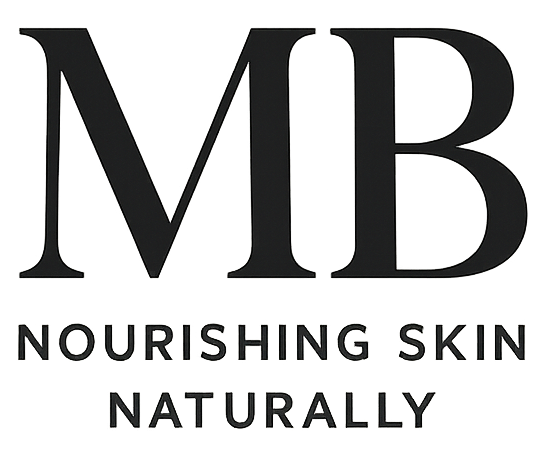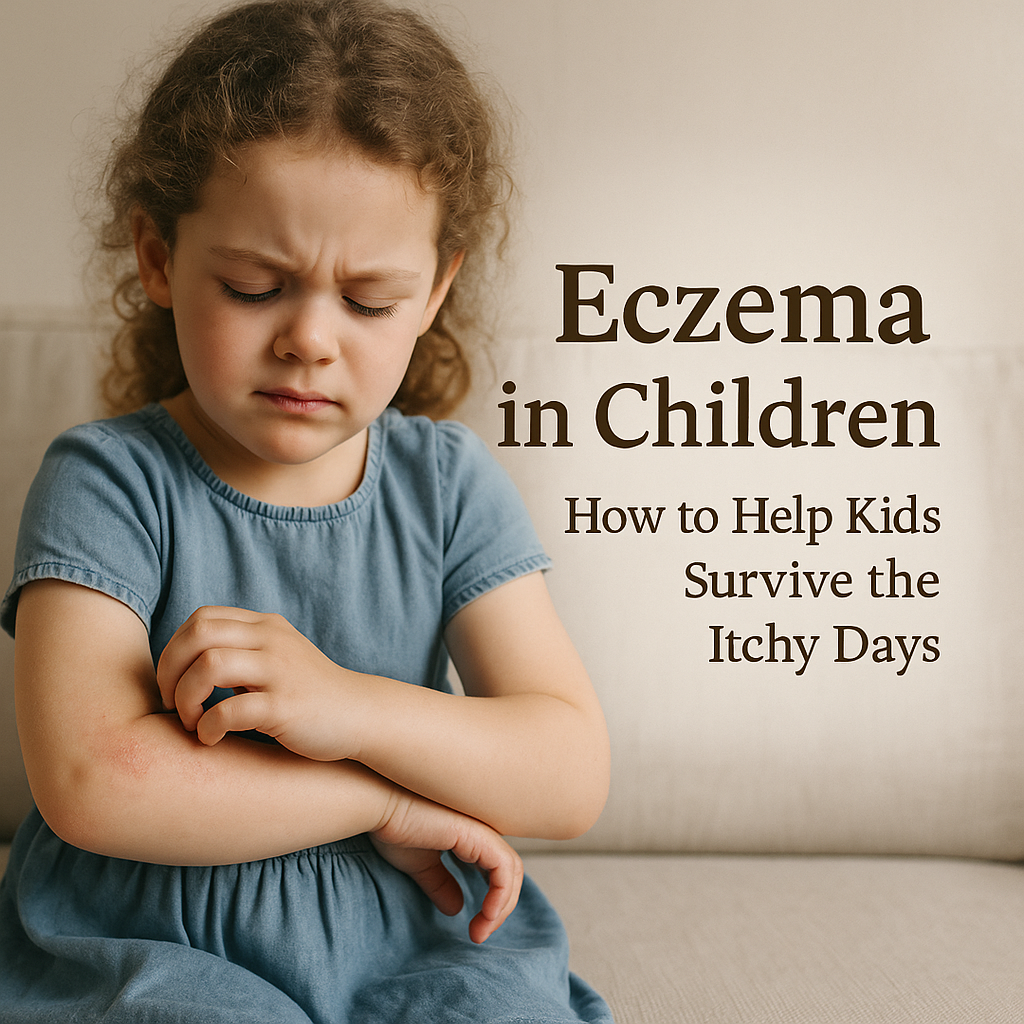The Complete Guide to Eczema in Children
What new parents really need to know — without the medical jargon
When your baby’s skin starts turning red, rough, or flaky — and no amount of cream seems to calm it — you’re not just dealing with a rash. You’re managing baby eczema, and it’s a rollercoaster.
Wait, What Is Baby Eczema Exactly?
Baby eczema (also called atopic dermatitis) isn’t contagious — but it sure is common. One in five kids in Singapore get it. It shows up as red, itchy patches, often on cheeks, elbows, or behind the knees. It might come and go, but when it’s bad, your baby won’t sleep well, feed well, or stop scratching.
Why Is My Baby Getting Eczema?
- Sensitive skin barrier: Newborn skin is fragile and loses moisture fast.
- Family genes: If eczema, asthma, or allergies run in your family, your baby has a higher chance.
- Environmental triggers: Dry air, pollution, and even baby detergent can set things off.
Does It Ever Go Away?
Most kids outgrow eczema by age 3–5, but some have dry or reactive skin for life. The key is controlling flares early and building a solid skincare habit they can stick with.
Spot the Signs Early
Watch out for red cheeks, dry flaky skin in arm/knee creases, and lots of scratching — especially at night. Babies can’t explain how bad it feels, so spotting these signs early is everything.
Skip the Guesswork: What Actually Helps
Here’s what thousands of parents have told us works — especially if you want to avoid strong steroids or are dealing with TSW (topical steroid withdrawal):
- Z-Advanced Moisturiser — zinc-rich and gentle enough for the face
- Botanical Repair Balm — for stubborn, peeling spots
- Dry Wrap Kit — helps hydrate and prevents scratching overnight
- Sleep Balm — to calm babies before bed (and give you a break too)
💡 Hot tip: Try the Hyper Sensitive Starter Pack — it’s the combo that gets the most success stories.
When Food Makes Things Worse
Not all eczema is food-triggered, but some babies do react to dairy, gluten, soy, or eggs. Always consult your doc before cutting anything, but a food diary can really help.
Gentle Daily Habits That Make a Difference
- Use lukewarm baths, not hot — and skip daily soap
- Pat dry (no rubbing!) and apply balm within 1 minute
- Choose soft cotton or bamboo clothes only
- Use fragrance-free, gentle laundry detergent
Should You Use Steroid Creams?
For some cases, doctors will prescribe low-dose topical steroids. These can help, but long-term use may thin the skin or trigger rebound flares. If you're worried about this, you’re not alone — that’s why Mummybrand was born.
The Mummybrand Difference
We don’t just sell creams. We’re eczema parents ourselves. Our products are handmade fresh weekly in Singapore, using botanical oils and zinc oxide to soothe, not irritate. We don’t cut corners, and we never use artificial preservatives or fillers.
From one parent to another — it gets better. You’ve got this. And if you need help, our DMs are open.
Start with the kit that’s helped over 1,000 families:
→ Hyper Sensitive Starter Pack
Mummybrand — Made Fresh. Made For Healing.


